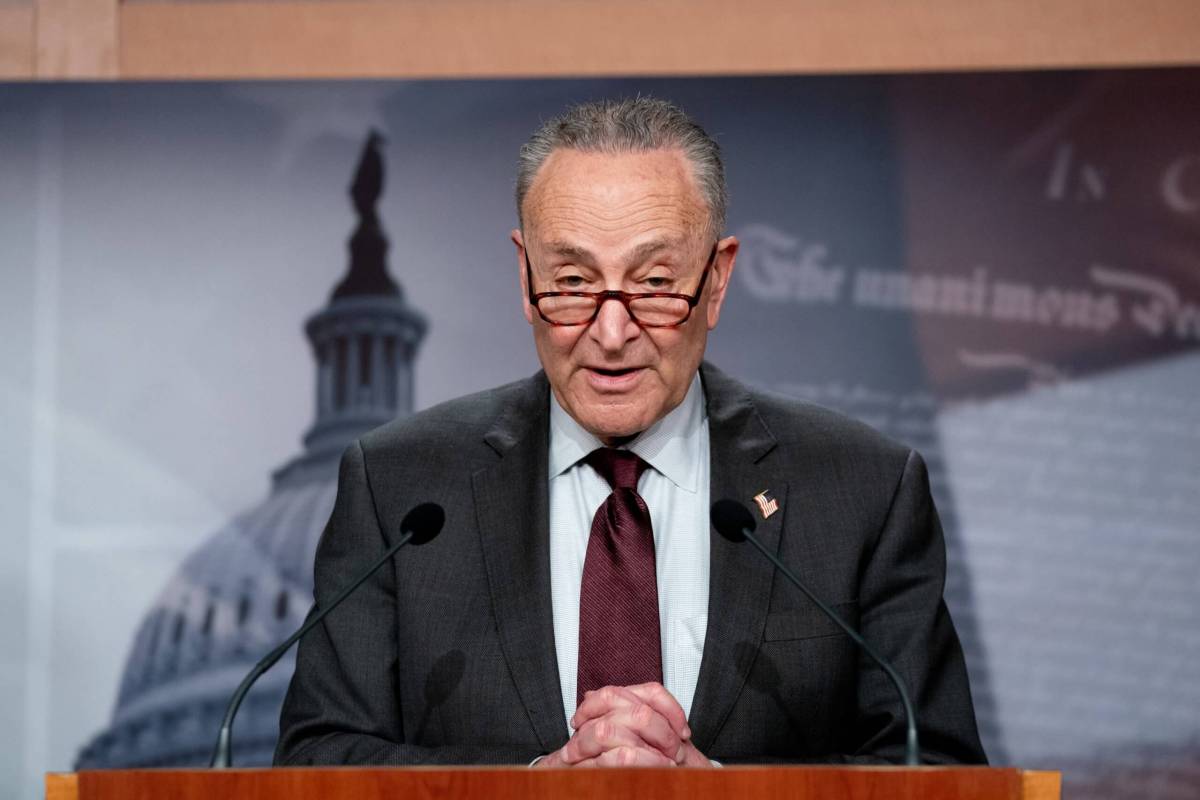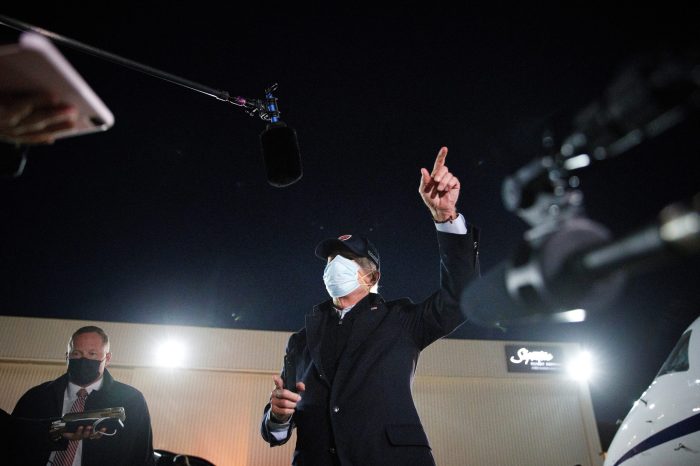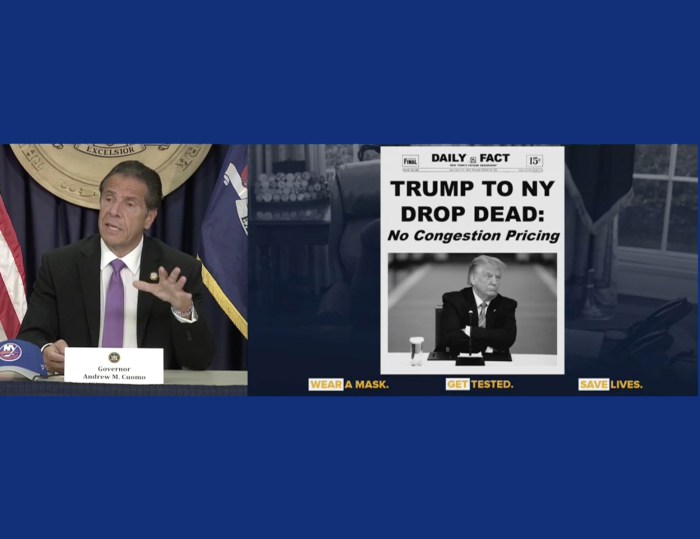The Democratic-controlled U.S. Senate is expected to take its first step forward on President Joe Biden’s $2.3 trillion infrastructure package next week, while Senate Republicans are preparing a narrower proposal less than one-third the size.
Senate Majority Leader Chuck Schumer said on Wednesday that he intends to take up a $30 billion water resources bill as an initial test of Republican willingness to work with Democrats on Biden’s sweeping infrastructure proposal.
“The water infrastructure bill is a small but important part of that overall effort,” Schumer said in a floor speech, adding the measure had unanimous bipartisan support from the Senate Environment and Public Works Committee.
“It will authorize tens of billions of dollars to make sure American families, especially low-income families, have access to safe and clean drinking water,” he said.
Schumer announced the move amid growing bipartisan talks in the Senate and at the White House about how to move forward on infrastructure legislation that can create jobs and stimulate the economy as it recovers from the COVID-19 pandemic.
Republican Senator Shelley Moore Capito told reporters that Republicans were working on their own infrastructure proposal and said in a CNBC interview there could be bipartisan support for a package of $600 billion to $800 billion.
White House officials were also due to meet with a bipartisan group of House of Representatives lawmakers on Wednesday.
The Biden package would not only repair America’s roads and bridges but seek to rechart the course of the U.S. economy by tackling climate change and boosting social programs such as eldercare.
Republicans say the plan is dominated by spending unrelated to traditional infrastructure and reject a proposal to finance the initiative by raising taxes on U.S. corporations.
Biden has begun to host bipartisan groups of lawmakers at the White House to discuss infrastructure in an effort to win Republican support. But Democrats have said they will move forward without Republicans through a legislative process called reconciliation if their opposition continues.
Republicans say they want to focus on roads, bridges, airports, ports, waterways and broadband access, and pay for the improvements with revenues from user fees such as road-related taxes and with unspent COVID-19 relief funding.
“Let’s pull that together, and if there are other things that the president and the Democrats want to do … that can’t attract at least 10 Republicans, that’s I think their reconciliation vehicle,” Capito said in the CNBC interview.
“If Republicans let us get on the bill, we can work out a process to have bipartisan debate and amendments,” Schumer said. “But if the Republican minority prevents the Senate from even debating some of these common-sense proposals, we’ll have to try to move forward without them.”



































